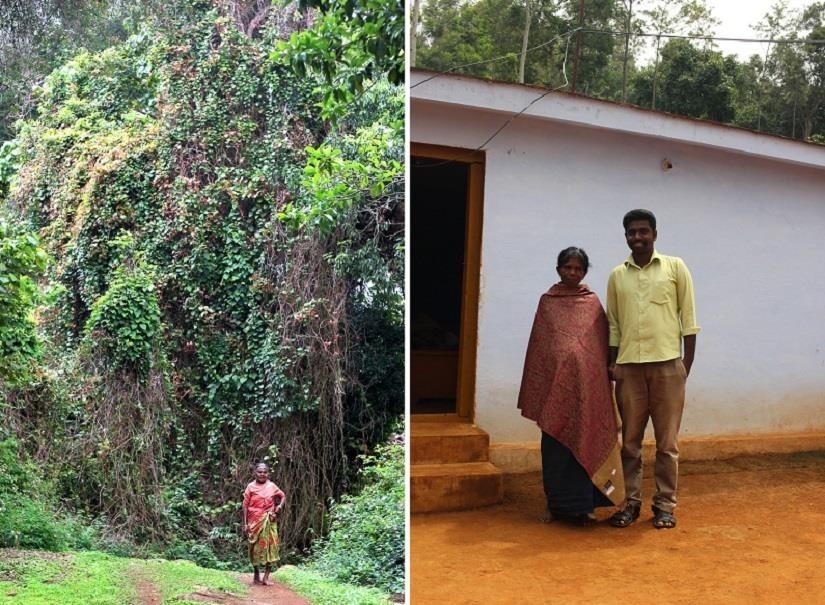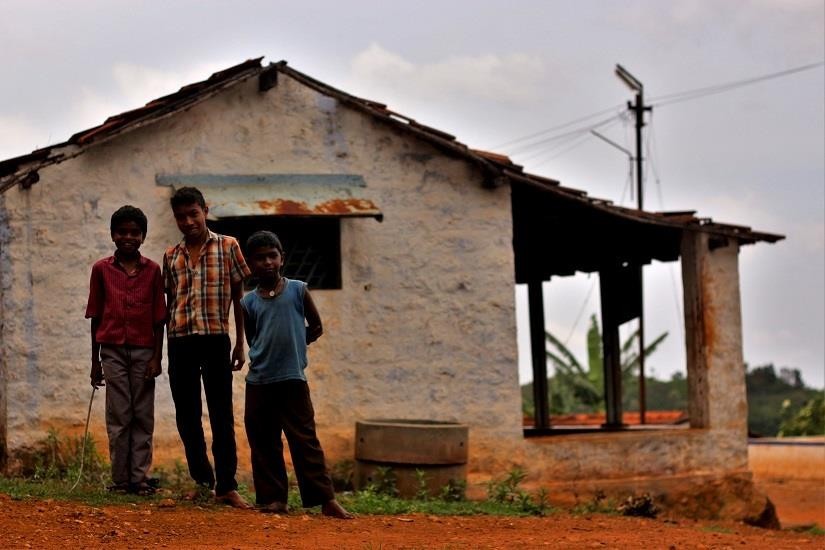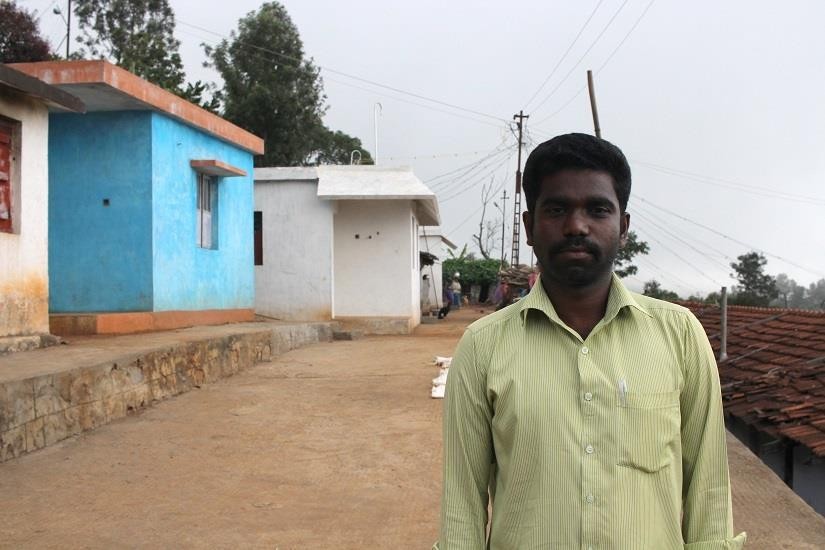Why this PhD scholar’s story is inspiring: He’s the only one of his ancient tribe to ever graduate
- Ravi Viswanathan, 32, is the first from the 1,500 people strong Alu Kurumba tribe in the Nilgiris to pursue a doctorate and become a teacher
- For all of the about 77,000-odd students who are currently pursuing a Doctor of Philosophy or PhD in India, their pursuit is surely an arduous task. But most of their struggles pale in comparison to that of R Viswanathan, 32, of Banagudi village in the Nilgiris hills of Tamil Nadu.
- He not only faces the struggles and strife that the rest of the students face, but also the mammoth responsibility of being the first from his ancient tribe, the Alu Kurumbas, to ever graduate. Not just as a scholar but as a graduate at any level.
- To put this in context, the next highest educated person from his village is a high- school drop-out and the path to
- Viswanathan’s village is through a Shola reserve forest. When Firstpost visited Banagudi, even the electricity had been disconnected for a month. Also, the Alu Kurumbas were shifted out of their forest dwelling to a permanent settlement only about five decades ago. (L) A village elder outside Banagudi. Photo by Anita Buragohain; (R) R Viswanathan with his mother, Lakshmi, outside their home.
- Viswanathan hopes that once he secures a permanent teaching job after completing his PhD, he will be able to pave the way for the development of his village and community. A community that is too small to matter to politicos and apart from paying lip service to their indigenousness are as good as invisible to administrators.
A forest people’s history
- The Alu Kurumbas are a sub-sect of the Kurumbas, one of seven tribes of the Nilgiris, including the Todas, Kotas, Badagas, Irulas, Paniyans, Kattunaickens and of course the Kurumbas. They are also among the smallest, numbering not more than 1,500 people spread across the sub-districts of Kotagiri, Conoor and Kundah in the Nilgiris district.
- They have a rich oral history and scholars such as Dieter B Kapp, an Indologist from Germany, who have researched about the community, its language and traditions, say that they were much feared by the other Nilgiri tribes because of their proficiency for sorcery. Being traditional hunter gatherers, they subsisted on forest produce and small- scale agriculture. With the growth of tea plantations and drastic reduction of forests, their ancient way of life was changed irreversibly in the past many decades and many of the Alu Kurumbas have taken to working as tea plantation coolies and contract labourers.
- Children at Banagudi, Nilgiris.
- It is an uncomfortable change though and the community, rather than growing in size is only dwindling, with poor living conditions leading to high mortality rates across their villages. “My people are a bit naïve and we are still paying the price for this,” says Viswanathan. “No one saves or thinks too much about the future, but you can’t survive in today’s world like that. Many of our people are dying in their 40s and 50s and many children have also become victim to malnutrition or other illness,” he adds.
Finding his way out of the forest
- For Viswanathan, it was his parent’s motivation and disciplining that enabled him to reach the higher echelons of professional education. “My father was like the Army.
- He’d let me play for one hour after school and after that I had to finish my home work,” says Viswanathan. He adds, “He was very different because no one else really cared for studying in our village, it was only him. He passed away when I was in middle school, but I wanted to make him proud and decided to study as much as I can.”
- A view of Banagudi village.
- His father, Ravi, died of illness and Viswanathan had to drop out of school and take up daily wage labour to support his family. It was only after four years that he got back to school but he has been at it ever since. “I completed high school quite late. But since then, I have done my Bachelors in Tamil and then my Masters and am now pursuing my PhD. The state government’s fund for assisting children from scheduled castes and tribes also helped me a great deal. There’s no chance I could have studied without the government fellowships. Our people just don’t have that kind of money.”
- Viswanathan is now pursuing his PhD in Tamil Literature at the Bharathiar University in Coimbatore. His theses, interestingly, is on creating a written grammar for the Alu Kurumba language. “Our language has no script and no one has documented its grammar. So I decided to do my theses on this and once completed, it should be a good guide to how our language works,” says Viswanathan.
- R Viswanathan in his village.
- His only fear though is the exorbitant bribes that have become the norm when it comes to government jobs, especially for permanent tenure positions in universities across the state. “I have a supportive department, so I’m hopeful that I shouldn’t have to pay many lakh of rupees for a job. Let’s see, things should go well,” he says.
- His thoughts about his people’s future are not so optimistic though. “We are already such a small tribe and with every year we are only reducing more,” he says. He adds, “Once I get a permanent job, I’m hoping to do what I can to bring development to my village. Help build a small clinic and a school, but all those are really distant dreams. For now, I just try to make sure all the children here go to school and don’t drop out.”



